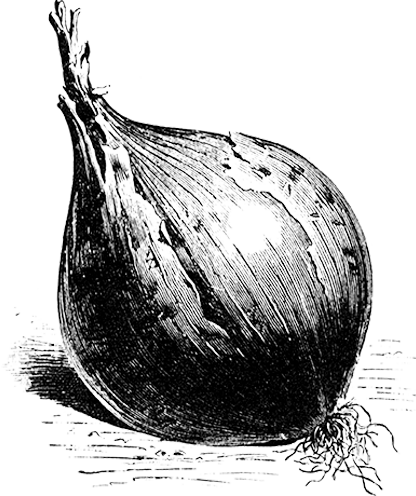Information
Yields a large amount of deeply green, compact, very tasty heads. They are a little larger than average and very uniform in size. The plant is vigorous and sturdy, 60-80 cm. D. 21 which is very hardy yields a fine harvest from October to December of sprouts and a delicious top-shoot. A portion contains about 75 seeds.
| Product number: | 5230 |
|---|---|
| Scientific name: | Brassica oleracea var. gemmifera |
| Botanic family: | The Mustard Family - Brassicaceae |
| Organic: | Yes |
| Days to maturity: | 135 |
| Lifespan: | Biannual |
| F1 Hybrid: | No |
| New variety: | No |
| Sowing time: | Pre-cultivate: March–May |
| Sowing depth: | 1 cm |
| Germination time: | 4–7 days |
| Plant spacing: | 45–60 cm |
| Row spacing: | 70 cm |
| Height: | 60–80 cm |
| Plant location: | Sun–Half shade |
| Harvest/blooming: | September–December |
| Seeds/g: | 200–300 seeds |
| Heirloom variety: | No |
Cultivation advice
Sowing
Sow thinly indoors or in a hotbed, about 1cm deep, 4-6 weeks before setting out the plants as planned! The seeds want warmth when germinating, preferably just above 20°C. After sprouting they should be in a light, cool and airy place to avoid lankiness and attacks by root-neck rot but not lower than 14°C for any length of time. Low temperature increases the risk of bolters a lot. Temper the plants gradually before setting them, when the risk of frost is just about over. Most kinds of cabbage can handle a night of light frost. Set out the seedlings a little deeper and tread down the soil preventing the cabbage flies laying their eggs. Many early sorts can be sown directly as soon as the soil has warmed up. Do not allow the sowing to dry out and look out for the flea-beetles.Spacing
Keep 45-60 cm between the plants and up to 70 cm between the rows. Ample space makes stronger plants, bigger heads and earlier harvest.Harvest
The Brussels sprouts are hardy and their flavour increases after a few really good nights of frost. It can remain outdoors through the whole winter and in northern Sweden too where the snow protects it against too severe cold. If one wishes to harvest all the roses at one time, one can lop off the plant, when the roses farthest down are 1.5 cm in diameter. The development then becomes more even and earlier too but their hardiness in winter gets worse without protection from the top ofthe plant. The tops are a veritable delicacy, when lightly poached. Break off the leaves when you are harvesting gradually as that aids the development of the remaining heads. Brussels sprouts have limited keeping qualities. Freezing is one way of storing them. One possibility is to hang whole plants, roots up, in a damp, cool cellar, they will then keep for several weeks.Seed
200-300 seeds/1 g. 8 g yield 1000 seedlings.A portion contains about 75 seeds.
